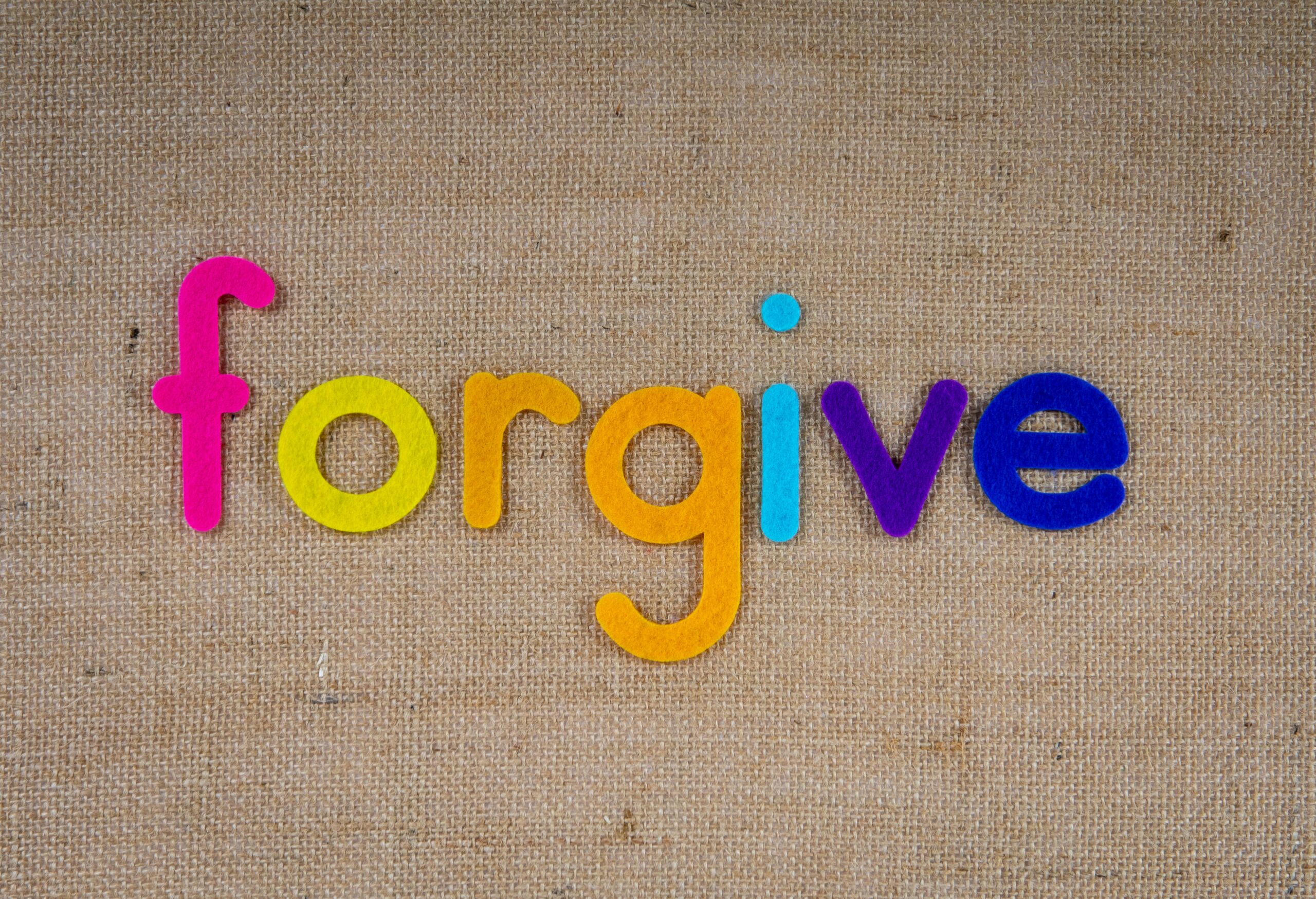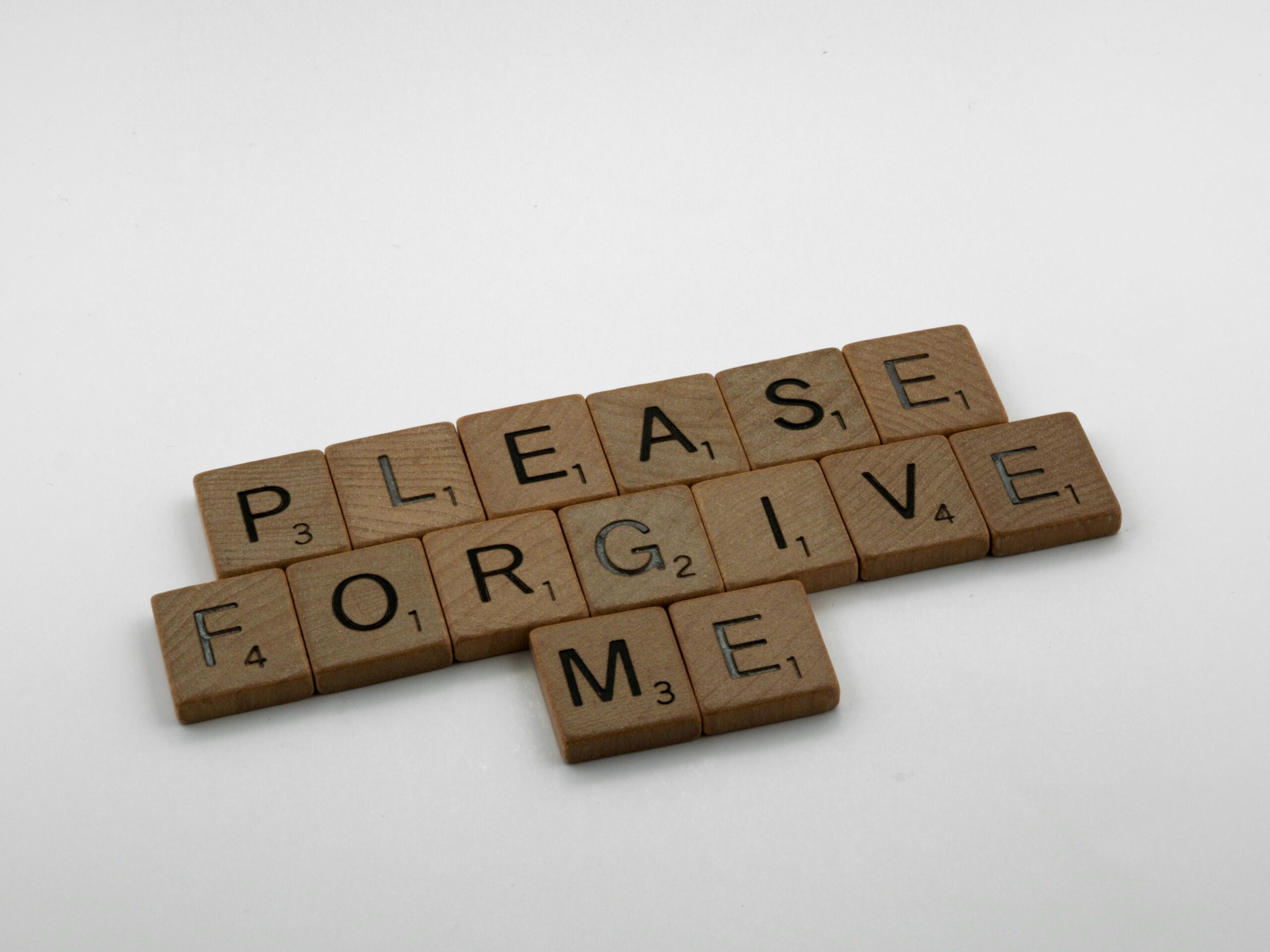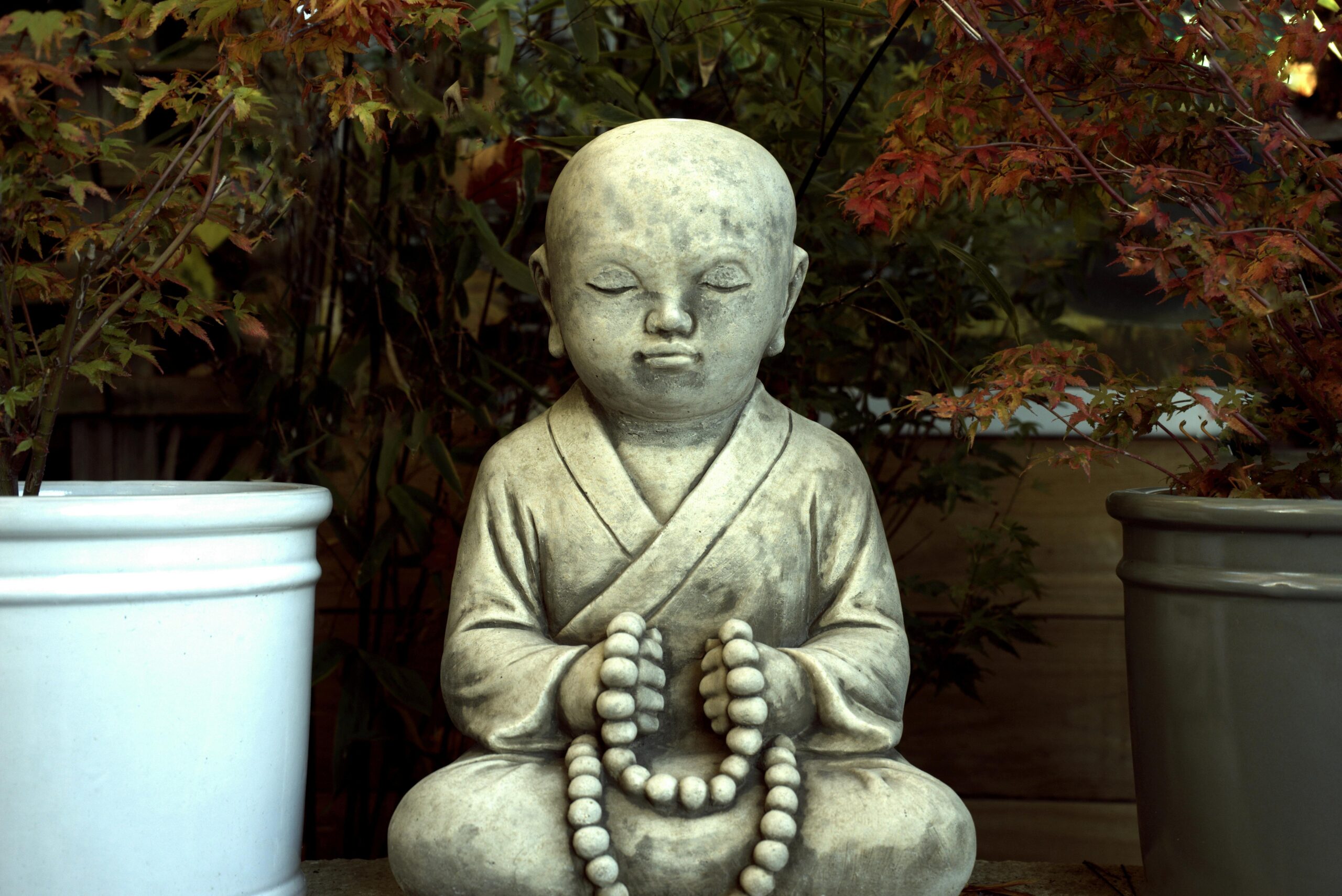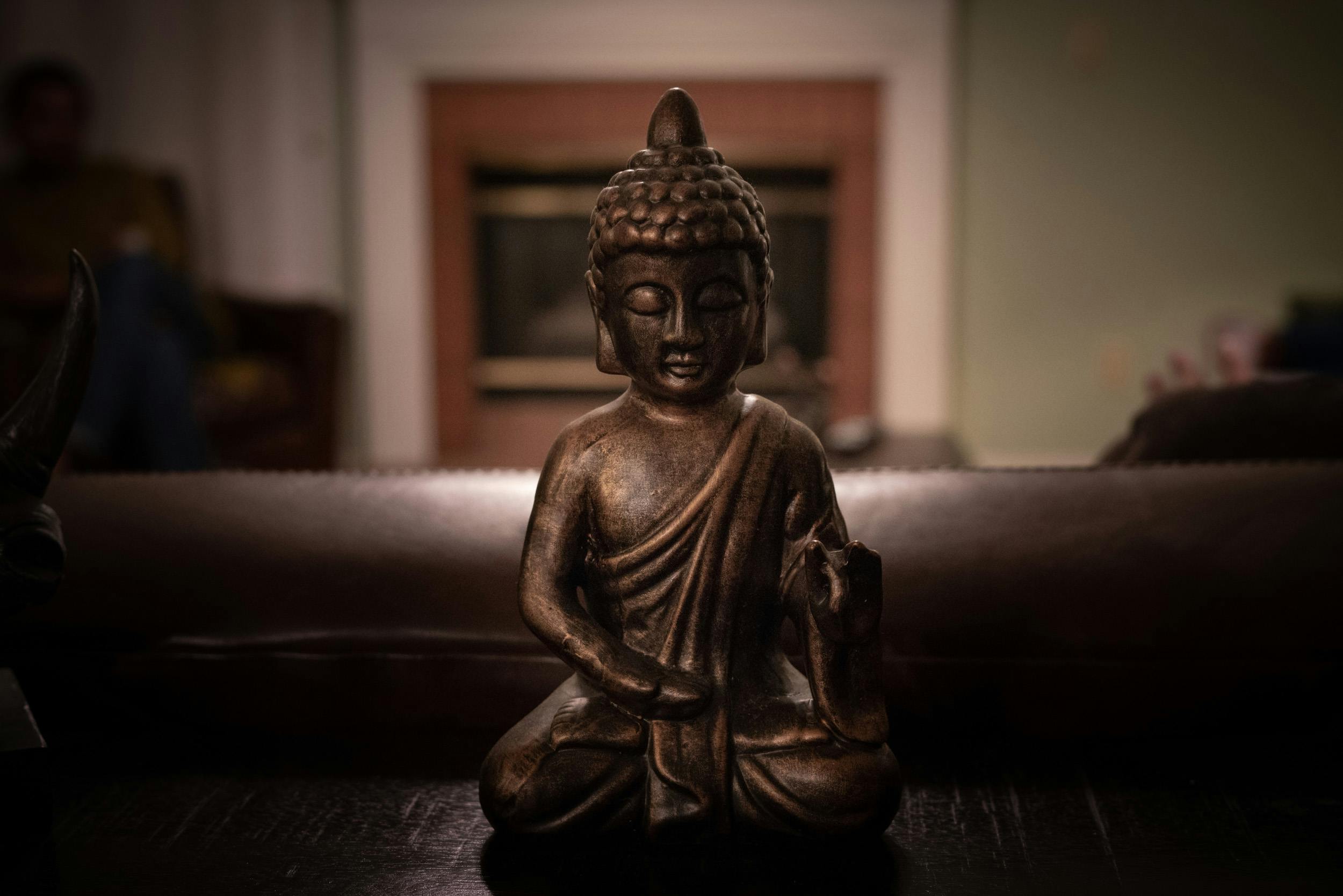
FORGIVENESS, a 11-letter word, easy to remember but difficult to practice. But you know for some people it’s pretty easy to forgive.
For eg. Do you remember Nelson Mandela? He is the 1st person who comes to mind whenever I think about forgiveness. Now why so?
I read a story which said that, one day Nelson Mandela was in a restaurant with his guards and on the same table, there was a man who was already seated. And everyone was having their meal and that already seated man was feeling very anxious and stressed out. So he left the restaurant as soon as possible.
The guards asked Mandela, “Why was the man behaving so weirdly?” Then Nelson Mandela smiled and said that he was my jailor when I was in jail for 27 years and used to torture me a lot, and whenever he used to get tired of torturing me, he used to pee on my face. So now he might have been thinking that I’ll take my revenge and put him in jail. That’s why he was behaving that way.
His guards asked, sir why don’t you do any such thing? Nelson Mandela again smiled and said: I don’t believe in taking revenge. So that story taught me that we’re trapped in the shackles of our minds. It made me think that why can’t WE forgive people just like Nelson Mandela?
I came to an answer that we don’t understand the meaning of forgiveness. Let’s first understand that…
The Real Forgiveness

We often hear people saying that that person wronged me but I forgave him. But they even complain about the person too. So I always used to wonder, is this real forgiveness? In an actual sense, saying and doing are different things.
We feel that by letting go and forgiving someone we’re doing them a favour. But in reality, we’re doing a favour to ourselves only. Forgiveness therapy is just another way of showing that we care and love ourselves.
It is understanding the person from the other side also. As some people don’t plan to hurt us but sometimes the plan doesn’t go well. We often look at things that hurt us and say ‘Why only me?!‘. But can’t we change the line with ‘ Wow! Only I got to experience it!’ Why can’t we change our perspective by valuing our experience rather than our suffering from the incident?
Self-forgiveness

We are so busy being harsh on ourselves that we start blaming ourselves for the smallest of mistakes we make. One never understands that to move forward, we first need to forgive ourselves. We just can’t afford to be a culprit in our own eyes for the mistakes we somewhere made in the past.
FACT: You can’t live your life peacefully when your heart is full of regrets.
UNIVERSAL FACT: There is no elderhood without regrets.
I know that both statements are contradictory. Regrets will be there in life but overcoming those regrets is a choice we make.
Why not leave the emotional baggage that’s stopping us from moving ahead? You know, the only person we can unconditionally fall in love with is OUR-SELF.
Now what if we make a very serious mistake? First of all, understand that every person out there makes mistakes. We’re not the only ones.
Secondly, apologise to the person whom we wronged. Now what if the other person doesn’t forgive us? In that case, we need to forgive ourselves. We cannot afford to be our enemy. That’s the most difficult, important and underrated task to forgive ourselves.
Forgiveness and Mental Health

There’s a complete science lying behind the forgiveness mindset. When we’re forgiving a person that means we’re doing good to ourselves.
You know forgiveness is like looking at the open wounds. Now who wants to look at it? It’s pretty painful to even see. But to heal the wound, we need to know the reason behind that wound.
Likewise, if we want to forgive someone then we need to understand what’s hurting us. Once it starts to heal, don’t scratch the wound.
When someone hurts us we feel upset and after some time that sadness will transform into anger. And when we’re in a state of anger, we try to run away from that sensation. As it becomes difficult to face.
And this is the only mistake we make because if this sensation is not faced it might get transformed into the feeling of revenge. So why not face that sensation?
We need to know how to bear these sorts of sensations. Let thoughts come. Don’t suppress them. Observe the limits.
If we’re not able to bear the pain then we need to challenge our limits. You know we often fight with our negative thoughts to get rid of them. But fighting with thoughts is like fighting with a storm. And we can’t control both. They come and go on their own.
Key to Compassion

The forgiveness journey is a path that leads us to the path of empathy and compassion. If we’re forgiving ourselves, it shows that we value ourselves. And if we’re forgiving the other person that means we value the person rather than the mistake they made.
Letting go and forgiving is entirely driven by love. You know what, every person has a good side as well as a bad side. But we people are so busy pointing out their bad sides.
What if the other person never meant to hurt us? Just for a moment, can’t we try to understand the perspective of that person? What made him do so? Can’t we try to look at their past, their conditioning, and yes their inner beauty?
After all this if we still found that the person intentionally wronged us, then what to do? Simply telling our mind that everything happens for a reason and embracing it with a smile will give our mind a soothing sensation. You can try it!!
PEACE & FREEDOM

We all want peace of mind and freedom from negativity in our lives but at the same time, we all do things that keep us away from the two.
Give your mind a chance and think about what makes your life disturbed. You probably get the answer. It is because we get easily attached to people. And we get attached to people when we find benefits in them.
From here expectations or we can say the root cause of suffering starts to trigger. And when those expectations don’t get fulfilled then we get hurt and hold a grudge for the other person.
But we forget that the longer we hold a grudge, the more damaging it will be for us. If we want to embrace the art of peace and freedom then we need to master the art of detachment.
What if we replace attachment with love? If we do so that means we’re replacing expectations with selflessness. And why get attached to people anyway?
Not everyone deserves a place in our hearts. But when we get hurt, we need to forgive them as soon as possible. Not because, to become a good person we should forgive. Because people often believe so.
But we shouldn’t let the other person hamper our peace of mind and we need to set ourselves free. And why not be compassionate to ourselves too?
